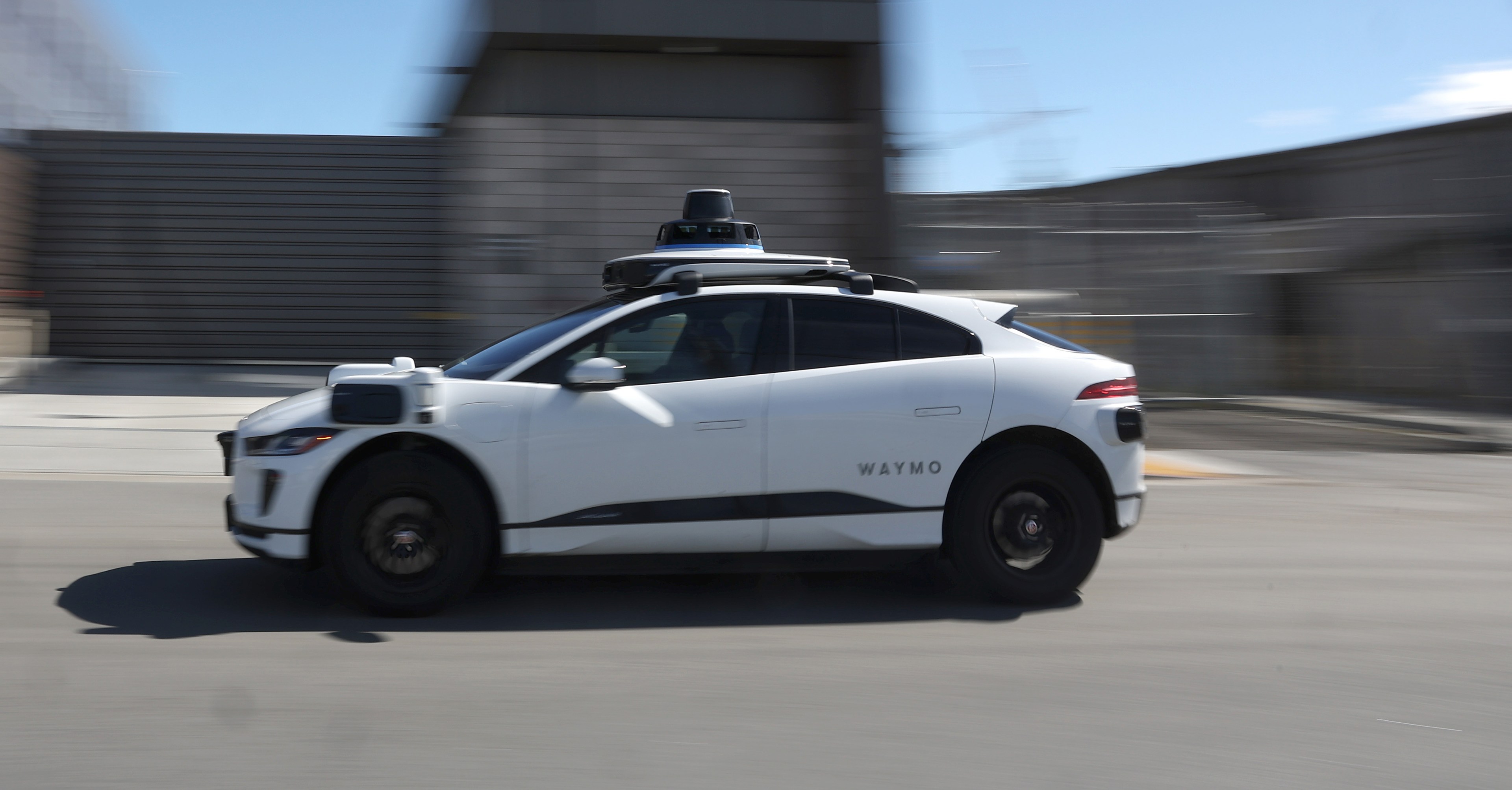A cyclist was struck by a driverless Waymo vehicle in San Francisco on Tuesday afternoon, according to authorities.
The collision occurred around 3 p.m. near 17th and Mississippi streets, the San Francisco Police Department said. The cyclist suffered non-life-threatening injuries.
According to the San Francisco Fire Department, the cyclist was not taken to a hospital.
READ MORE: When will Waymo robotaxis be allowed on Bay Area highways and at airports? Company seeks permission
Waymo said the autonomous vehicle was attempting to go through a four-way intersection when it hit the cyclist. The driverless car didn’t initially see the cyclist because they were obstructed by a truck, the company said.
“An oncoming large truck progressed through the intersection in our direction and then, at our turn to proceed, we moved into the intersection,” Waymo said in a statement provided to The Standard. “The cyclist was occluded by the truck and quickly followed behind it, crossing into the Waymo vehicle’s path. When they became unoccluded, our vehicle applied heavy braking but was not able to avoid the collision.”
The company said it notified police of the incident and the cyclist left the scene with only minor scratches.
“We are making contact with relevant authorities surrounding this event,” the company said.
The collision comes as SB 915—dubbed the Autonomous Vehicle Service Deployment and Data Transparency Act—was introduced by state Sen. David Cortese, who represents San Jose.
The bill, which is supported by the Teamsters union, would give local governments the ability to halt and prevent robotaxi services from operating without approval from individual cities and counties.
In October, a Cruise robotaxi dragged a woman underneath its wheels for 20 feet after she was struck by a human-operated vehicle in Downtown San Francisco. The accident kicked off a string of additional challenges for the General Motors-backed company, including the elimination of nearly a quarter of its staff, the firing or resignation of several top executives and the decision to pull the entire fleet of Cruise vehicles off the roads nationally.
During a Tuesday hearing held to weigh the merits of a settlement offer posed by the company over charges it was not forthcoming with state regulators, Cruise executives acknowledged the company’s driverless vehicles lacked a sensor to discern if something had gone under the chassis.
